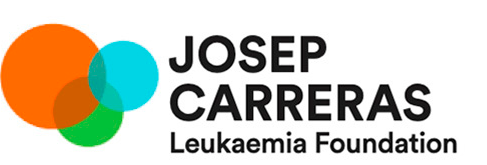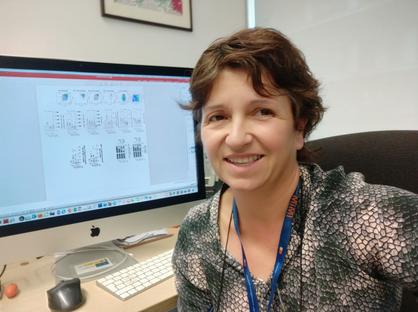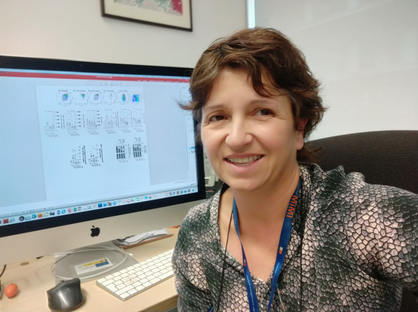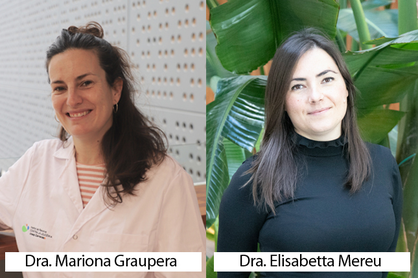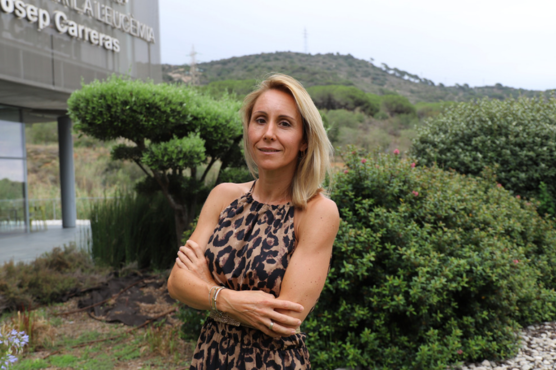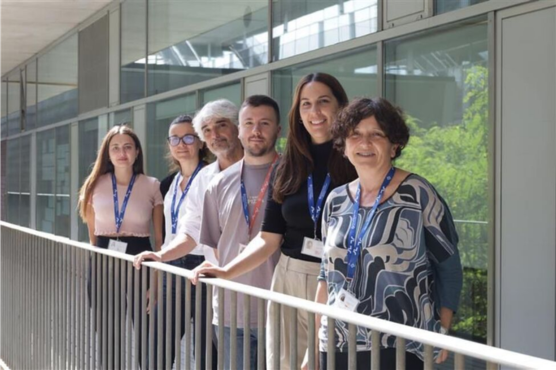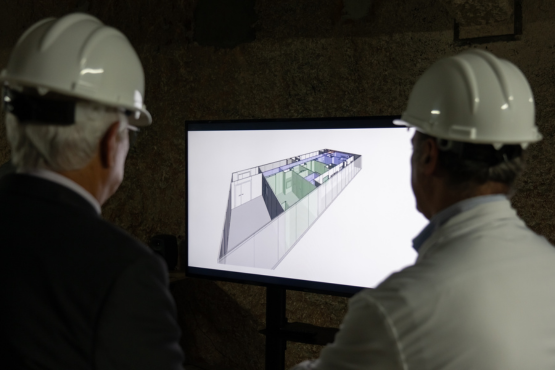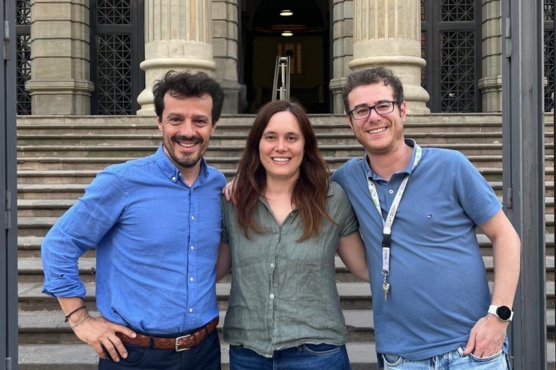Anna Bigas, new Deputy Director of Preclinical Research at the Josep Carreras Leukemia Research Institute
Dr. Bigas, well-recognized international researcher in the study of the generation and renewal of stem cells and their role in cancer processes, assumes the functions of Deputy Director of Preclinical Research at the Josep Carreras Leukemia Research Institute.
Dr. Bigas has joined as Deputy Director of Preclinical Research at the Josep Carreras Institute, maintaining her relationship with the Hospital del Mar Medical Research Institute (IMIM), where she leads the Stem Cells and Cancer group.
The new responsibility that Dr. Bigas assumes will serve to enhance coordination between all groups in the institute that do basic and translational research, seeking synergies between them and optimizing their research, as well as to enhance the existing collaboration between the professionals of our institute and those of the IMIM.
In the last ten years, as head of the Stem Cells and Cancer group, she has studied the molecular and physiological processes of stem cells in different tissues, in order to draw similarities with the appearance and progression of cancerous processes. In particular, her research focuses on the study of hematopoietic stem cells, responsible for the formation of blood cells, in order to understand the process of leukemia and develop strategies to fight against this disease. Currently, her research group is working on the identification of epigenetic and gene expression profiles, which allow discovering new therapeutic targets not yet exploited clinically.
New UNSTOPPABLE teams in our Institute
*Elisabetta Mereu has joined the Josep Carreras Institute to head the Cellular Systems Genomics laboratory.
As an expert on single cell data, her laboratory will adopt a single-cell perspective, enabling the fine-grained and spatially resolved molecular profiling of tissues and developing new machine learning approaches and open-source tools in order to unlock molecular mechanisms hidden in large-scale datasets.
In the interface between genomics, digital pathology and artificial intelligence, the Cellular Systems Genomics group aims to define the spatiotemporal organization of complex tissues in health and disease. A tissue is a heterogeneous array of different cell types, each one with its own abilities and functions, working together to reach a common goal. Every cell in a tissue works according to its context and position, communicating with its neighbor cells using a particular set of molecular pathways. If any of these pathways is impaired, the normal tissue function may be at risk.
Therefore, it is paramount to understand how cells behave in such complex systems, either in healthy conditions and in disease, to develop corrective strategies. Mereu’s group will develop their research from the system’s biology perspective, focusing on the identification of key regulatory mechanisms driving heterogeneity in cellular identity and function, particularly in the context of inflammation, inflammatory disorders and autoimmune diseases.
*Dr. Mariona Graupera has joined the Josep Carreras Institute to head the Endothelial Pathobiology and Microenviroment laboratory.
Dr. Mariona Graupera joins the Josep Carreras Leukaemia Research Institute to lead the Endothelial Pathobiology and Microenvironment Group and continue pursuing excellent science to understand the role of blood vessels in disease towards the development of therapeutic strategies to target the vascular compartment.
The overall aim of the Graupera lab is to understand the mechanisms that regulate the vasculature during development, homeostasis and disease. Most of her research is focused on the endothelium, a single layer of cells in the inner part of blood vessels, that plays an active role in many important physiological processes and diseases such paediatric rare disorders and cancer.
To meet those goals, the Endothelial Pathobiology and Microenvironment Group uses an interdisciplinary approach that includes state-of-the-art mouse genetic models, cell culture of patient-derived endothelial cells, systems biology approaches and high-resolution microscopy, including live imaging.
Welcome!!!

